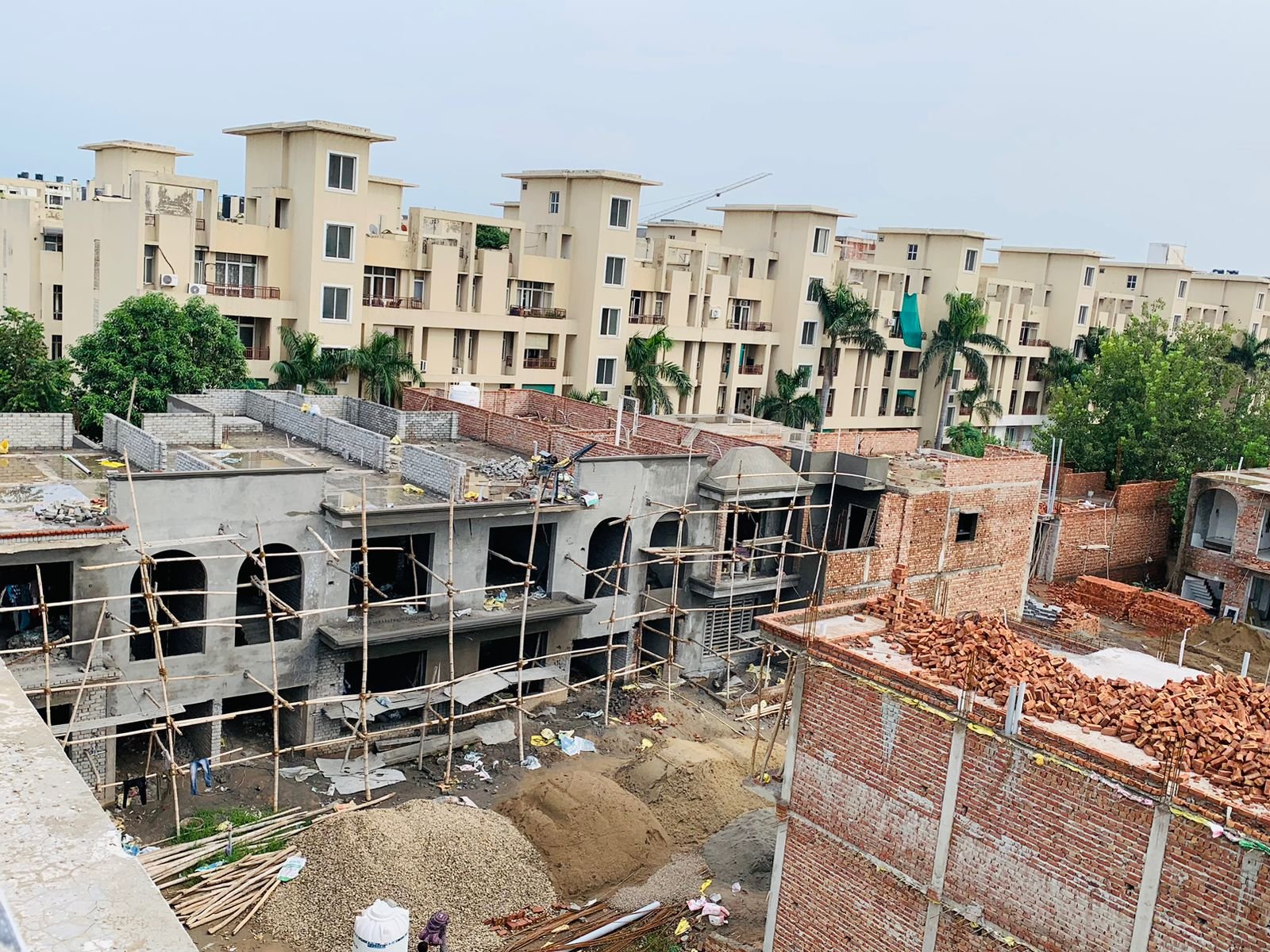The “best” real estate investment depends on your financial goals, risk tolerance, experience, and available capital. Below are some of the most common options for real estate investment, with recommendations tailored to different objectives and circumstances:
1. Rental Properties (Residential or Commercial)
Best For: Steady cash flow and long-term wealth building.
Why It’s Good:
- Provides monthly income from tenants.
- Potential for property value appreciation over time.
- Tax benefits (depreciation, interest deductions).
Considerations:
- Requires active management or a property manager.
- Upfront costs can be high (down payment, repairs).
- Risk of vacancies or bad tenants.
Who Should Invest:
- Investors looking for reliable passive income and willing to take on property management responsibilities.
2. Real Estate Investment Trusts (REITs)
Best For: Passive investors who want exposure to real estate without owning property.
Why It’s Good:
- Low barrier to entry (you can invest with small amounts).
- Highly liquid (buy and sell like stocks).
- Provides diversification across various property types (residential, commercial, healthcare, etc.).
- Many REITs pay consistent dividends.
Considerations:
- No direct control over property management.
- Subject to stock market volatility.
Who Should Invest:
- Investors looking for low-risk, hands-off investments with steady income potential.
3. Fix-and-Flip Properties
Best For: Short-term profits from renovating and reselling properties.
Why It’s Good:
- High potential returns if done correctly.
- Opportunities in undervalued or distressed properties.
Considerations:
- Requires capital for purchase and renovations.
- Market risks: If property values drop, profits may diminish.
- Success depends on finding the right contractors and managing budgets.
Who Should Invest:
- Experienced investors or those with renovation and project management skills.
4. Real Estate Crowdfunding
Best For: Beginners or small-scale investors who want exposure to large-scale real estate projects.
Why It’s Good:
- Pool funds with others to invest in commercial or residential projects.
- Accessible with relatively low investment minimums (e.g., $500–$1,000).
- Passive income potential.
Considerations:
- Illiquid: Your money may be tied up for years.
- Platforms may charge fees.
- Returns depend on the project’s success.
Popular Platforms: Fundrise, RealtyMogul, CrowdStreet.
Who Should Invest:
- Passive investors comfortable with a moderate level of risk and limited liquidity.
5. Vacation Rentals (e.g., Airbnb, Vrbo)
Best For: Investors looking for higher short-term rental income.
Why It’s Good:
- Can generate higher income compared to long-term rentals.
- Great for popular tourist or high-demand areas.
- Flexibility to use the property yourself during downtime.
Considerations:
- Requires active management (marketing, guest communication).
- Market volatility: Seasonal demand can fluctuate.
- Local regulations may restrict short-term rentals.
Who Should Invest:
- Investors comfortable with hands-on management and who live in or near high-demand vacation markets.
6. Land Investments
Best For: Investors with patience for long-term gains.
Why It’s Good:
- Lower cost of entry compared to developed properties.
- Potential for significant appreciation if the area develops.
Considerations:
- Generates no immediate income.
- Requires knowledge of zoning, land use, and development potential.
- Holding costs: Property taxes, maintenance, etc.
Who Should Invest:
- Long-term investors willing to wait for development opportunities.
7. Mixed-Use Properties
Best For: Investors seeking diversification in a single asset.
Why It’s Good:
- Combines residential, retail, and/or office space for multiple income streams.
- Resilient to market changes (e.g., if residential demand drops, retail might still perform).
Considerations:
- Higher complexity in management.
- Requires significant upfront capital.
Who Should Invest:
- Experienced investors seeking diversification within a single property.
What’s the Best Option for You?
Here’s how to decide:
- Low Capital, Low Risk: Start with REITs or real estate crowdfunding.
- Moderate Capital, Moderate Risk: Invest in rental properties or vacation rentals.
- High Capital, High Risk/Reward: Try fix-and-flip or mixed-use properties.
- Long-Term Investment: Land investment or commercial properties.


